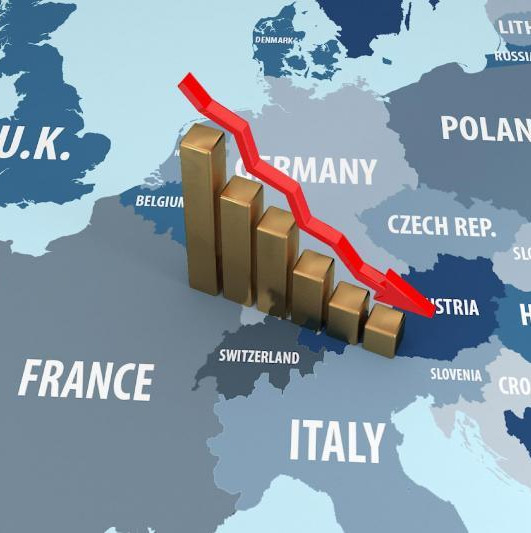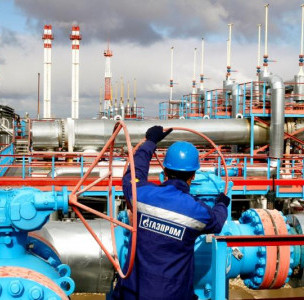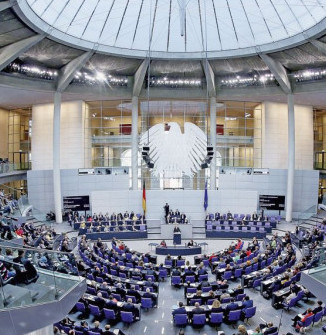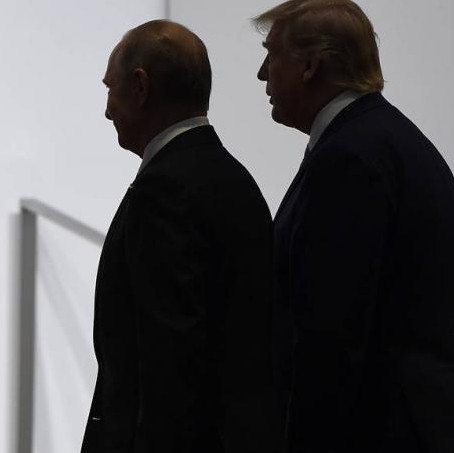The year 2006 has been especially valuable because it gave Russia a chance to match strength with the West in terms of energy – our “source of prosperity” and “the spirit of truth” alike – rather than to compare nuclear arsenals. It was the first such opportunity since the East-West military parity was shattered. We have learned to make political use of our status as one of the top ten oil powers, and the top gas power of the world. This chance came at the right time: on the one hand, we have no other option left, while on the other hand, the external demand for our energy resources has reached its peak. Its growth exceeds 10% a year. With an oil reserve of 72 billion barrels, Russia comes seventh on the major oil powers list topped by Saudi Arabia (263 billion). As for natural gas, Russia’s reserves total 1,700 trillion cubic meters (a widely accepted gas measure), followed by Iran with 970 trillion. Still, unlike our wise ancestors, we don’t have much to be proud of. Even the far-seeing Kersnovsky could not imagine that Russia which boasted the highest population growth rate in Europe in his time (6 children per family), would plummet to rank in the second hundred by the turn of the millennium. Its population has decreased from 142 to 140 million this year and will be further decreasing by 1.5 to 2 million a year according to estimates.
The paradox is that if the current demographic situation persists, our national wealth will have to be developed by others, as only 25 million Russians still dwell on the other side of the Urals.
Another important observation is that, looking back on its 2006 achievements, Russia will now have to decide who its allies would be – or, rather, who is less likely to get in the way. The Western policy is clear: although proclaiming the single European space and common civilized aspirations, they seek to use our potential to compete with China – the key 21-century power. On the other hand, when a Russian leaves Russia’s Far East (or dies), his/her place is quickly taken by the conventional 1.4 Chinese. It is not due to any special malice of our eastern or western neighbors. They are all naturally pragmatic, and nature abhors a vacuum.
The problem is deeper than that: it is a certain distraction of our ambitions. An eloquent example of that would be our diplomacy’s future relations with Ashgabat. The late Turkmenbashi’s heritage amounts to 102 trillion cubic meters of gas, which puts Turkmenistan on the world’s top ten gas nations list. Now that President Saparmurat Niyazov who has never argued with Moscow is gone, that country could become a northern base for the West to pressure Iran. Or, it might as well become the key energy source for the stabilization in China’s Moslem province of Xinjiang – a no less important issue for Beijing. In either case, Ashgabat won’t have enough political and energy resources to contribute to Russia’s “prosperity” as well. Will Moscow exercise enough sovereign power, strong will and Byzantine wisdom to make their gas tap turn in the “proper” direction whatever the case?
Turning to the East is an unobtrusive reminder of the double-headed eagle on Russia’s coat of arms: one of the bird’s heads is turned toward Asia in expectation of additional prosperity to arrive. True, we would hardly have direct influence on the world’s major oil nations in the Middle and Near East in the near future. Moreover, the West is likely to step up its bitter fight for the “energy loyalty” of Saudi Arabia and Kuwait, as the United States “&Co” will be losing control of Iraq and Afghanistan which is turning into “Terroristan.” Once the Middle East map is redrawn, the “democratic community” will inevitably intensify pressure on the neighboring Iran. Russia might face the dilemma as soon as next year: either to support Tehran in its current anti-western policy, or to sentence it to “democratization” following an adjusted Iraq model. The political and energy “bridge” linking Russia and China and resting on Central Asian pillars would have a potential equal to that of the Western geopolitical community, and it would be improvident to annoy the latter.
Now, it is time to dot the ‘I’s in terminology. The west would never offer us “free democratization.” They will be “putting us right” in the way which is right for them. Why don’t we sign an “ideological non-aggression” charter in addition to the energy one? I don’t think it will prevent Saudis from declaring jihad on Islamic extremism. Instead, our closest western neighbors will at last stop accusing us of “residual colonialism.” We’ll surely find a formula which would suit everyone: say, our common past was a necessary, although mutually painful, stage of their statehood development and a historic precursor of today’s partnership. NATO’s expansion interferes with this partnership, while an energy compromise would promote it.
I hope we’ll live to see a time when “terminology” discrepancies would be the biggest problem between us: a demographically thriving Russia, Western benefactors and Eastern partners rather than energy sources…









